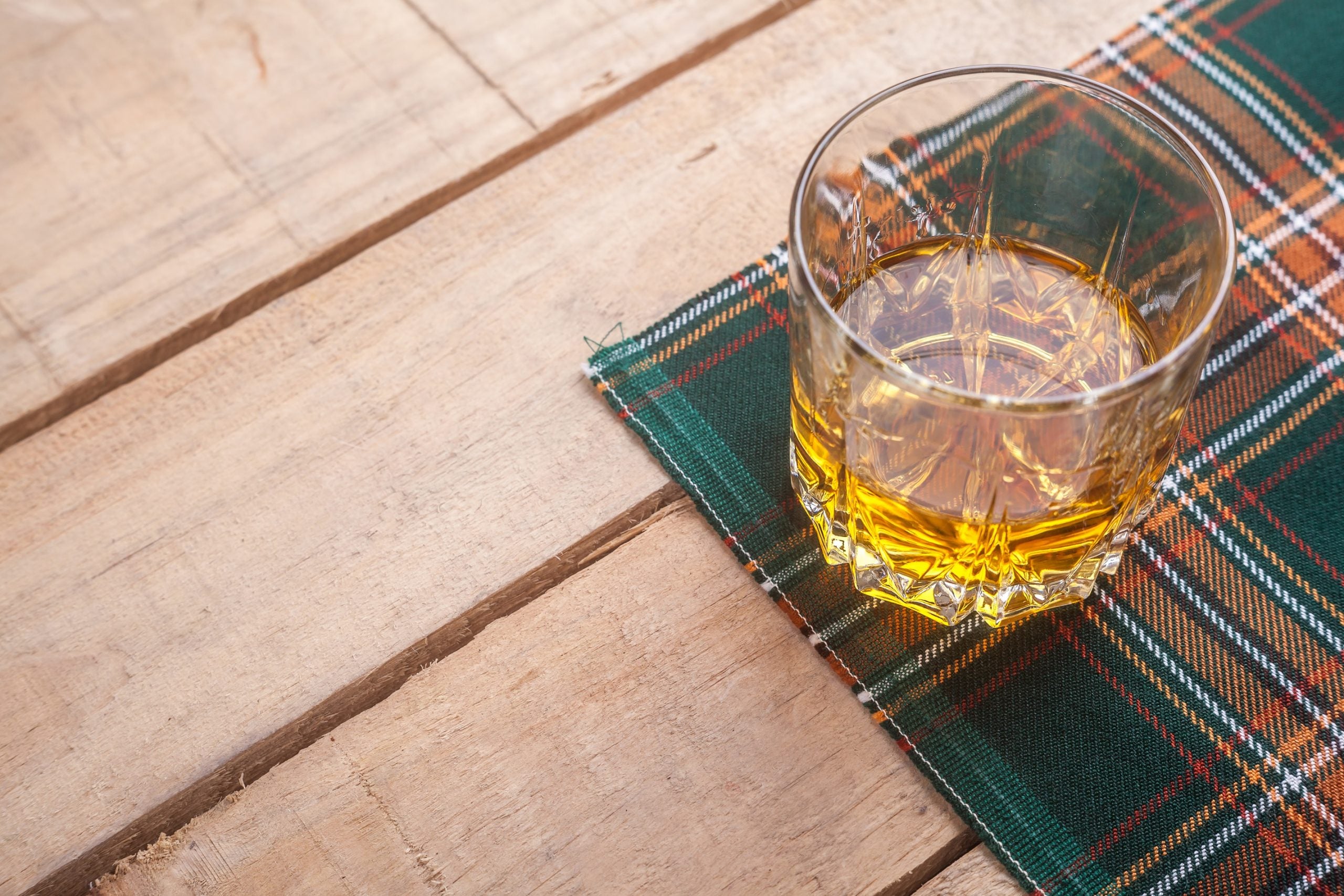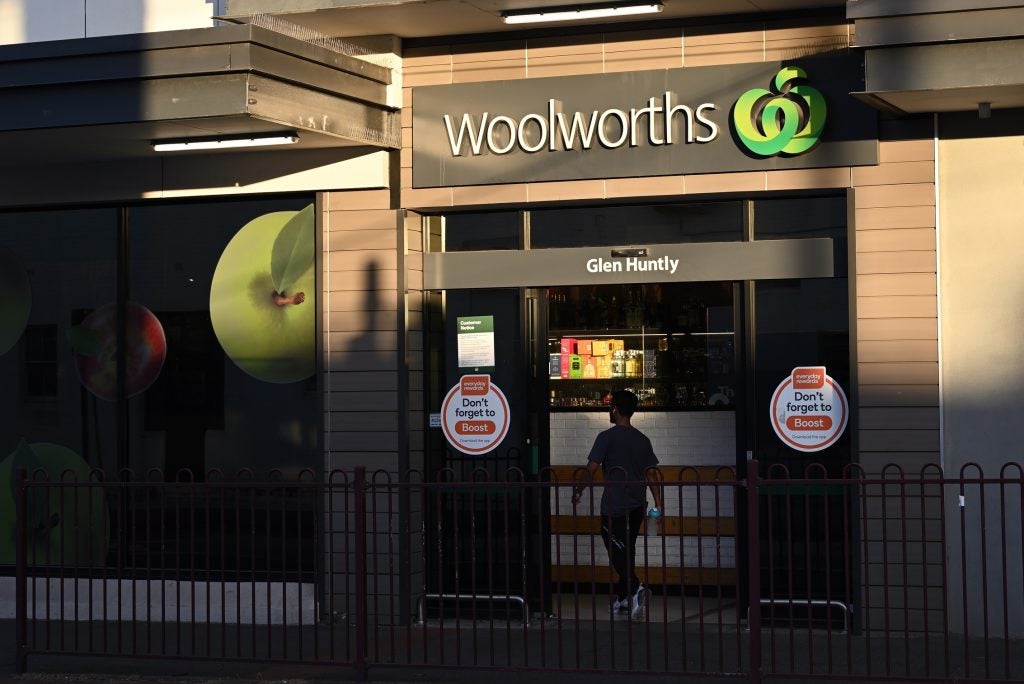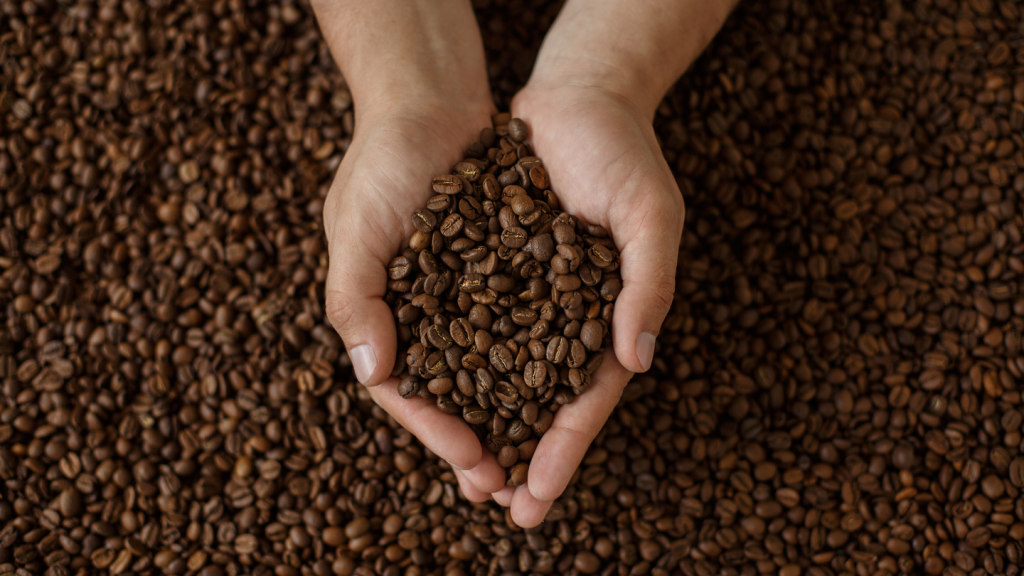
The Scottish government is considering raising its minimum unit price of alcohol to £0.65 ($0.79), with the current legislation set to end in April.
The Minimum Unit Pricing (MUP) policy was first introduced in 2018 at £0.50 to “mitigate significant alcohol-related health harms”, making Scotland the first country to set a minimum price for a unit of alcohol.
However, with the term coming to an end next year, Scottish ministers are holding a consultation on where the new figure should stand.
Drugs and alcohol policy minister Elena Whitham said there is a “need for more to be done to tackle alcohol-related harm” and that there has been a “recent rise in alcohol-specific deaths”.
She added: “Our world-leading MUP policy is one of the measures we know can make a difference. Recent research estimated it has saved hundreds of lives, likely averted hundreds of alcohol-attributable hospital admissions each year – and also contributed to reducing health inequalities. It is one of a range of measures we have in place across prevention and treatment services to reduce alcohol harm.
“We believe the proposals set out in this consultation strike a reasonable balance between public health benefits and any effects on the alcoholic drinks market and subsequent impact on consumers, but we want to hear from all sides and urge everyone to take the time to respond.”
How well do you really know your competitors?
Access the most comprehensive Company Profiles on the market, powered by GlobalData. Save hours of research. Gain competitive edge.

Thank you!
Your download email will arrive shortly
Not ready to buy yet? Download a free sample
We are confident about the unique quality of our Company Profiles. However, we want you to make the most beneficial decision for your business, so we offer a free sample that you can download by submitting the below form
By GlobalDataIn June, Public Health Scotland revealed in its evaluation of MUP’s first five years that “the evidence supports that MUP has had a positive impact on health outcomes, namely a reduction in alcohol-attributable deaths and hospital admissions”.
A statement from the government said an interim business and regulatory impact assessment and a report on public attitudes to the policy have been published. These have all assessed the success of the measure so far and look at the future impact on health and industry sectors.
The £0.15 rise in MUP will raise the minimum price of a 700ml bottle of Scotch whisky at an abv of 40% from £14 to £18.20. A 500ml can of lager at 4% will reach £1.30 from £1 while a 750ml bottle of wine at 12.5% will jump from £4.69 to £6.09.
The government’s consultation document stated that an MUP of £0.65 “provides even greater positive health benefits than £0.60, with modelling showing it could avert an additional 60 deaths in the first year and 774 fewer hospital admissions compared to £0.60”.
In February, a study revealed that the MUP policy had not “significantly impacted” the alcohol industry’s performance and may have accelerated premiumisation trends.
Responding to the proposal, a spokesperson for the Scotch Whisky Association said: “Alcohol misuse is complex but is a challenge that must be addressed. The Scotch Whisky industry is committed to working in partnership with the Scottish government to achieve that shared goal.
“An increase of the minimum unit price of alcohol in Scotland from 50p to 65p would push up the minimum price of Scotch whisky from £14 to £18.20 – a significant increase of 30% that would impact consumers across Scotland, the vast majority of whom drink responsibly. We will analyse the consultation in detail and respond in due course.”







